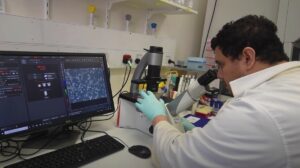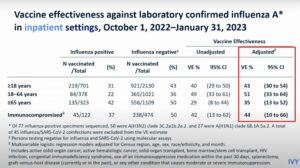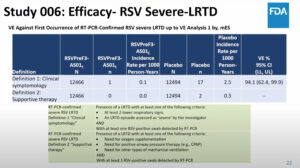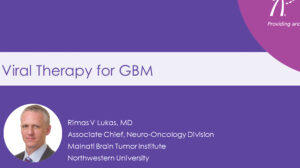NEW YORK (Reuters Health) – Children and adolescents with juvenile idiopathic arthritis who have a clinical response to treatment with the biologic agent abatacept experience a significant improvement in their health-related quality of life (HRQoL), according to a study reported online July 1 in Arthritis Care & Research.
The finding comes from a two-part study of subjects with active polyarticular juvenile idiopathic arthritis (JIA). They first received abatacept 10 mg/kg on days 1, 15, 29, 57 and 85 plus methotrexate during a 4-month open-label period (Period A). “Subjects achieving ACR Paediatric (ACR Ped) 30 (defined ‘responders’) were randomized to abatacept or placebo (plus methotrexate) in the 6-month double-blind withdrawal period (Period B),” the researchers explain.
At the end of Period A, 123 of 190 children who entered the trial had achieved an ACR Ped 30; all but one of the responders were then randomized to the Period B trial.
Dr. Nicolino Ruperto of the Università di Genova, Italy, and colleagues assessed HRQoL using the parent-administered Child Health Questionnaire that covers 15 health concepts. Sleep was evaluated using another standard questionnaire, and parents were asked to rate participation in daily activities.
“The results presented here demonstrate that abatacept provided significant and meaningful improvements in HRQoL, which translate into real-life tangible benefits for children and adolescents with JIA and their caregivers,” the researchers write.
For example, the team found that for subjects who had a clinical response in Period A, the summary score for physical measures of HRQoL improved from 30.1 to 41.8, “values within the range of the healthy normative population.” Summary psychological scores improved from 43.6 to 49.2.
These improvements continued for those subsequently randomized to abatacept in Period B, and fell for those assigned to placebo.
Similarly, responders showed a significant reduction in pain, a decrease in sleep problem index scores, and fewer lost school days — gains that were generally maintained with ongoing abatacept therapy but attenuated on placebo.
“It will be important,” Dr. Ruperto and associates add, “to evaluate if the improvements in HRQoL documented here will be maintained over time, in the children who continued to receive abatacept in the longterm extension of this trial.”
The current study was funded by Bristol-Myers Squibb.
Reference:
Abatacept improves health-related quality of life, pain, sleep quality and daily participation in subjects with juvenile idiopathic arthritis
Arthritis Care Res 2010.




